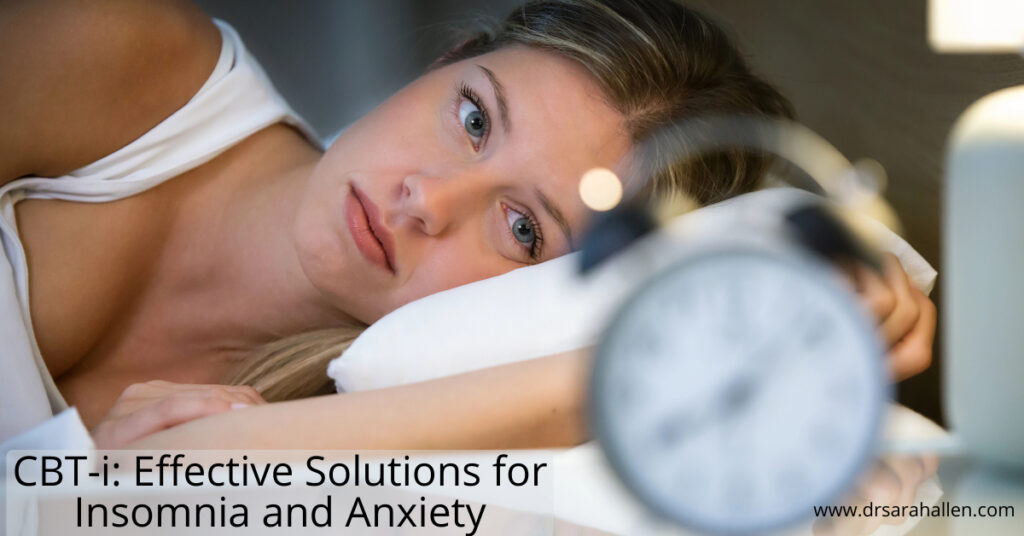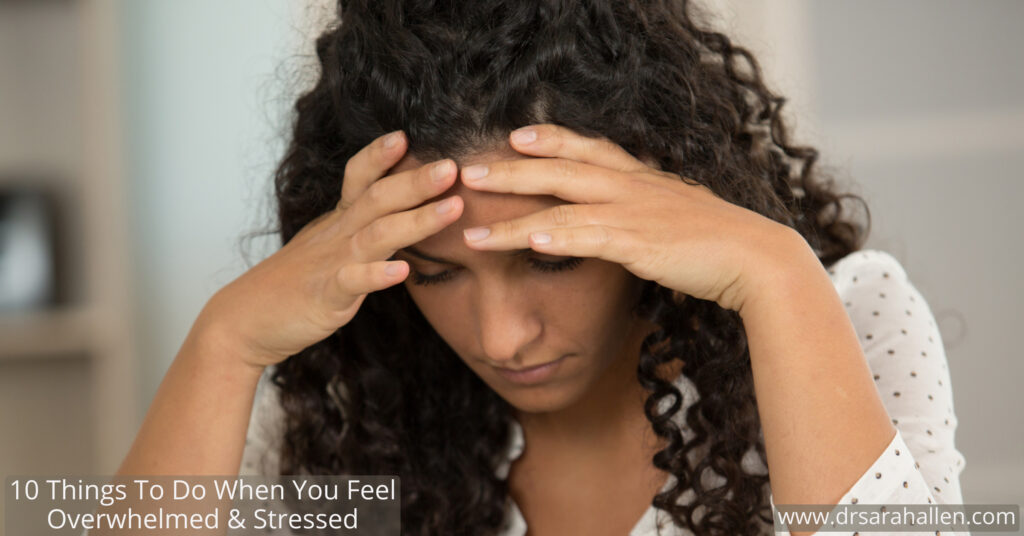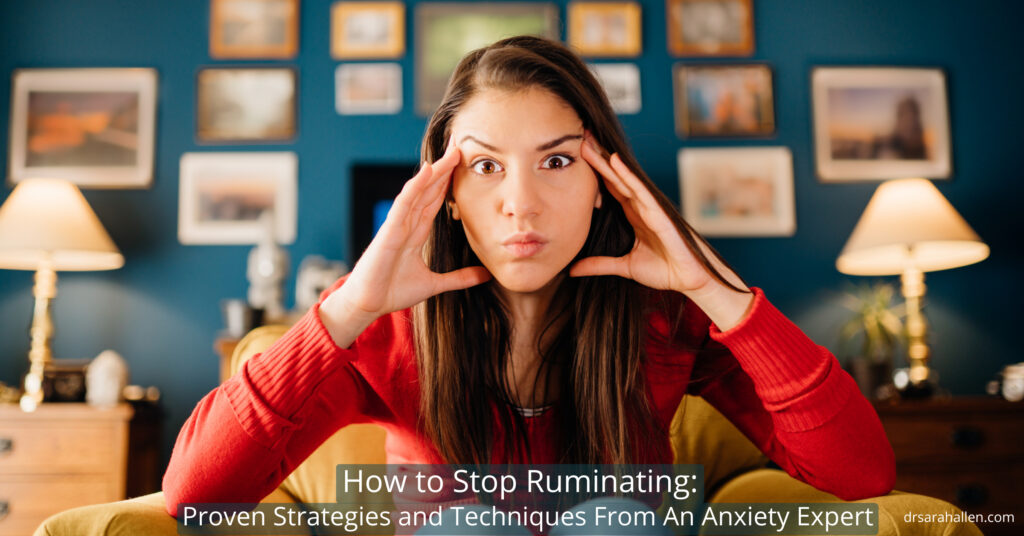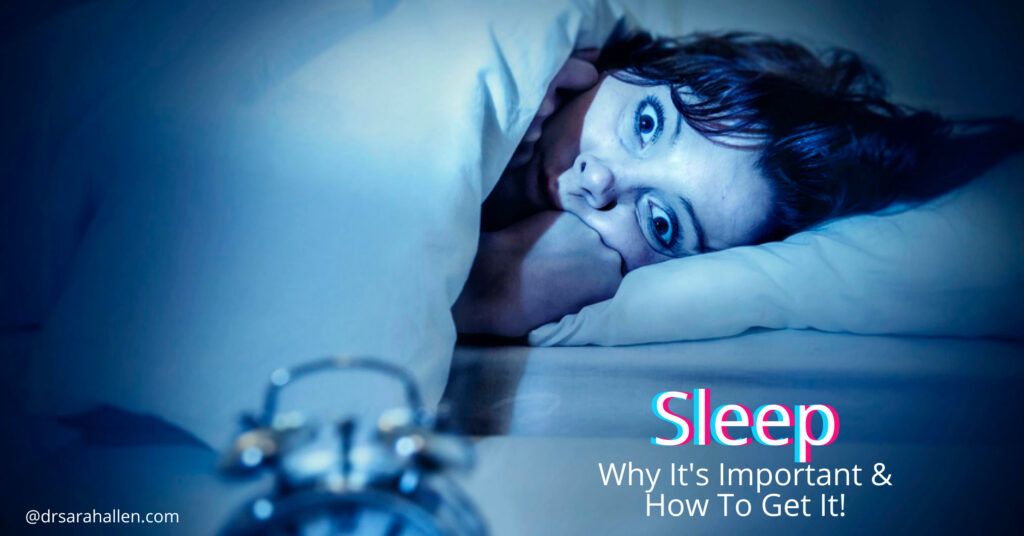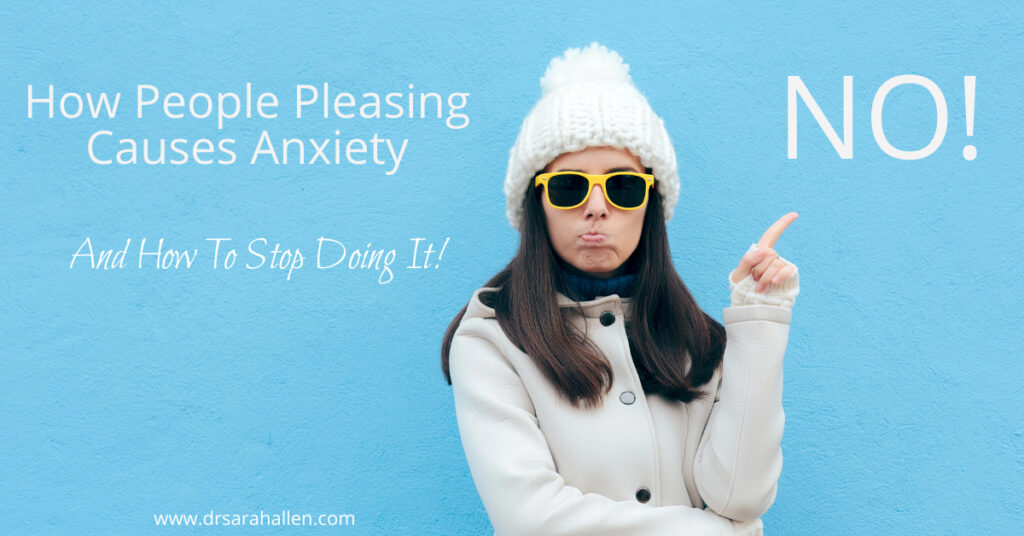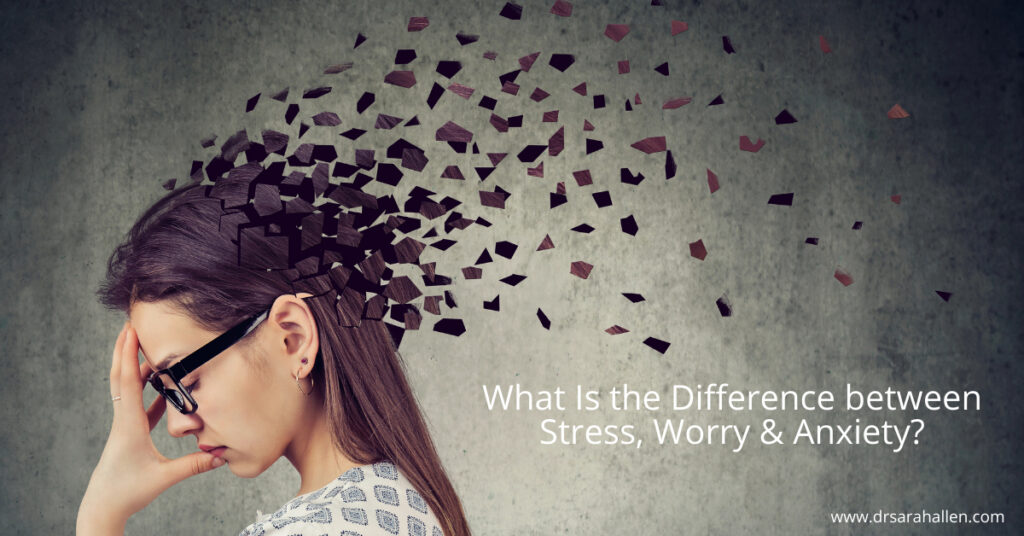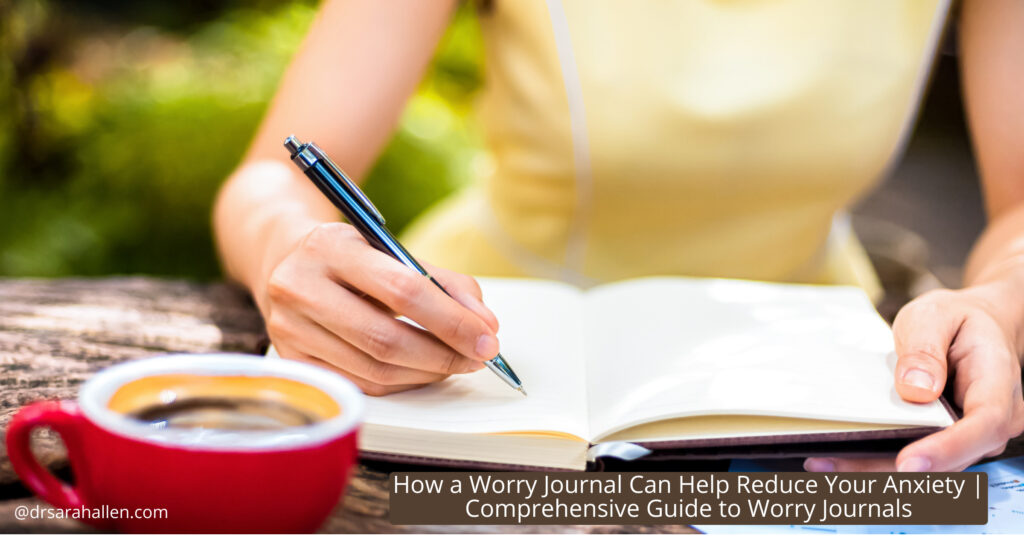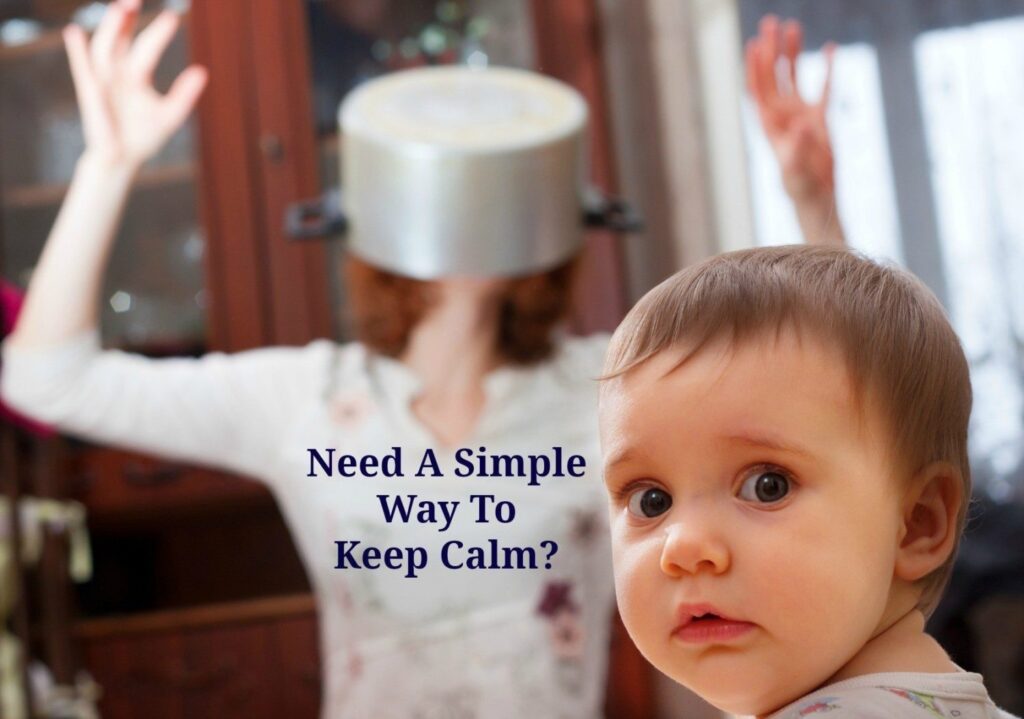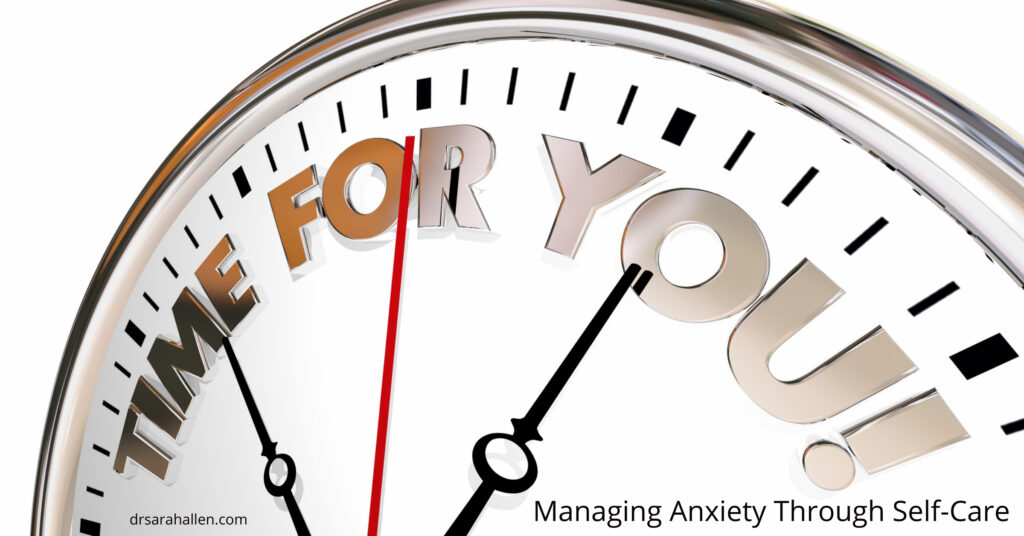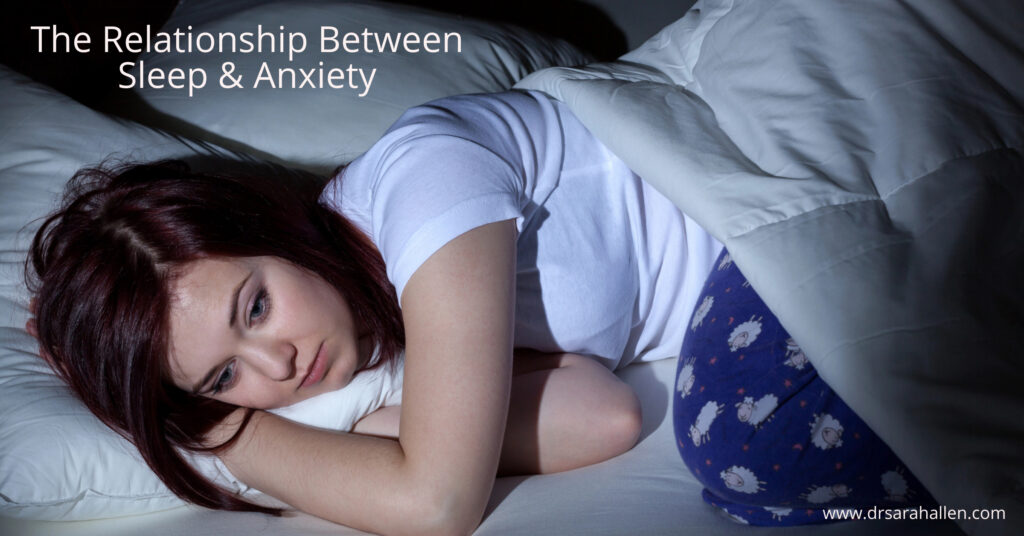
Sleep and anxiety are closely connected and many people find that when they feel anxious, they have trouble sleeping. On the other hand, not getting enough sleep can also make anxiety worse. This relationship can create a cycle that is hard to break.
When anxiety hits, thoughts race, and it becomes difficult to relax. Your mind keeps replaying worries and fears, making it hard to drift off to sleep. This can lead to nights of tossing and turning, only to wake up feeling tired and stressed.
Poor sleep can make anxiety more intense. When you don’t get enough rest, it affects your mood, energy levels, and overall mental health. This lack of sleep can make it harder to cope with stress, increasing feelings of anxiety.
So many clients I see have issues around sleep and I think discussing how sleep and anxiety influence each other is important. Knowing this can help you take steps to improve both. Simple actions can make a big difference in breaking the cycle and creating a healthier, more peaceful routine. I wrote this article to explore how anxiety impacts sleep, how lack of sleep fuels anxiety, and also I want to offer practical tips to calm your mind and get better rest.
How Anxiety Affects Sleep
Anxiety can make falling and staying asleep difficult. When anxiety levels are high, the mind tends to race with worries and negative thoughts. This can delay the onset of sleep, making it hard to drift off. When these anxious thoughts persist, it becomes a struggle to stay asleep through the night.
During episodes of anxiety, the body’s stress response triggers the release of cortisol. This hormone keeps the body in a state of alertness, interfering with the relaxation needed for sleep. Elevated cortisol levels can prevent you from entering deeper stages of sleep, which results in a restless night.
Additionally, anxiety can cause physical symptoms like a racing heart, muscle tension, and upset stomach. These symptoms make it uncomfortable to relax and fall asleep. Knowing how anxiety impacts sleep helps in finding effective ways to manage it and improve sleep quality.
The Impact of Poor Sleep on Anxiety Levels
Lack of sleep can worsen anxiety, creating a cycle that is hard to break. When you do not get enough rest, it affects your brain’s ability to regulate emotions. This makes it difficult to handle stress and can increase feelings of anxiety throughout the day.
Sleep deprivation also reduces your ability to focus and concentrate. This can lead to increased worry about your ability to perform daily tasks. Feeling tired and unable to think clearly can make minor problems seem much bigger and more stressful than they are.
Furthermore, physical health suffers when sleep is inadequate. It weakens the immune system, making you more susceptible to illnesses. This, in turn, can lead to anxiety about your health and well-being. Recognizing the effects of poor sleep on anxiety is crucial for finding ways to ensure a good night’s rest and manage anxiety more effectively.
10 Ways to Calm Anxiety and Get Better Sleep
1. Create a Bedtime Routine: Establishing a calming bedtime routine can signal to your body that it’s time to wind down. Activities like reading a book, taking a warm bath, or listening to soothing music can help.
2. Limit Screen Time Before Bed: Avoid screens an hour before bedtime. The blue light from phones, tablets, and computers can interfere with your body’s ability to fall asleep.
3. Mindfulness and Meditation: Practice mindfulness or meditation to calm your anxious mind. Techniques like deep breathing and guided imagery can help relax your body and mind. There are many meditation apps available.
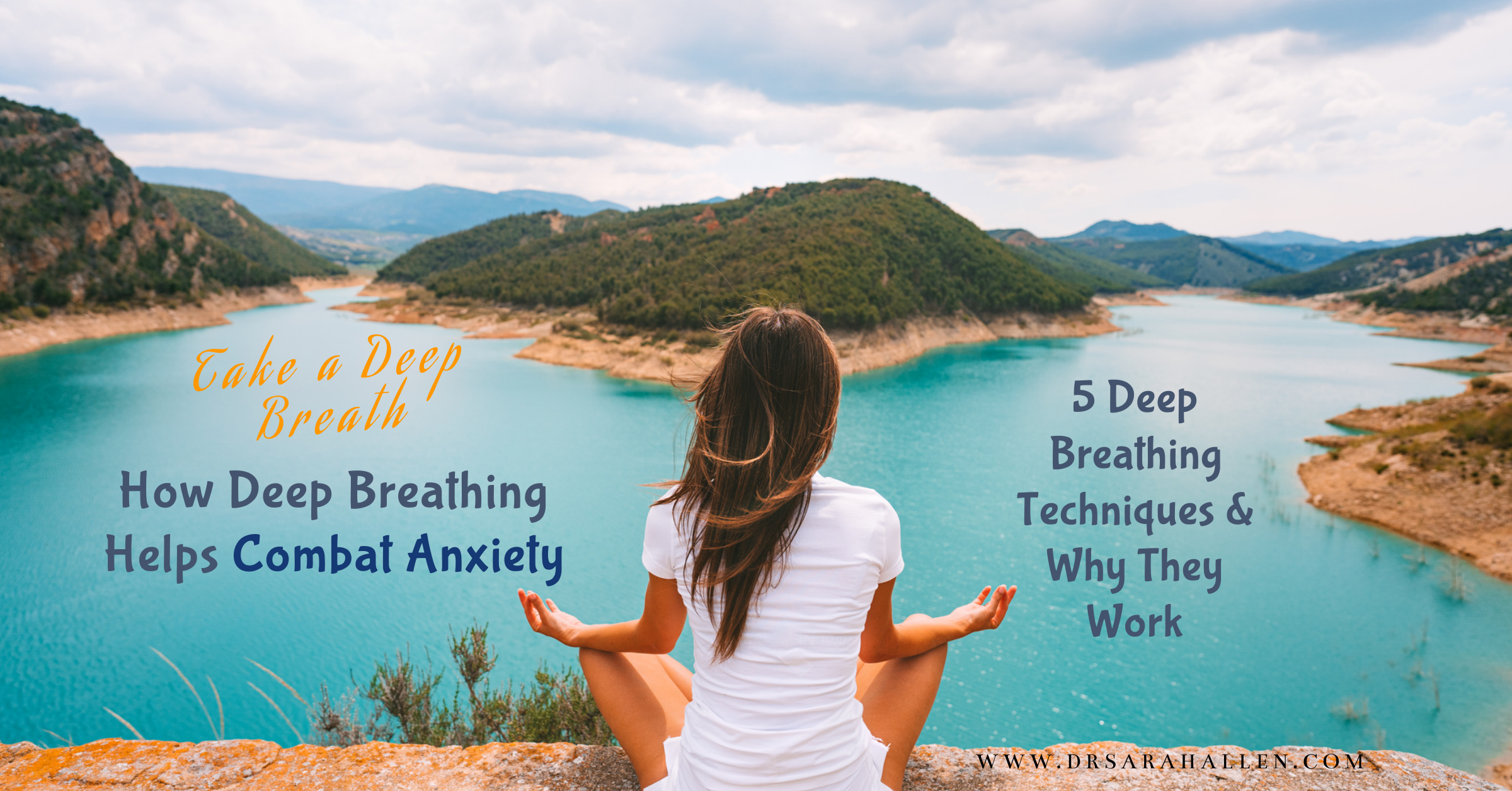
If you would like more information about deep breathing techniques read Take a Deep Breath: How Deep Breathing Helps Combat Anxiety
4. Exercise Regularly: Physical activity during the day can help reduce anxiety and improve sleep quality. Aim for at least 30 minutes of exercise most days, but avoid vigorous workouts close to bedtime.
5. Keep a Sleep-Friendly Environment: Ensure your bedroom is quiet, dark, and cool. Invest in a comfortable mattress and pillows to create a sleep-conducive environment.
6. Limit Stimulants: Avoid caffeine and nicotine in the evening, as they can keep you awake. Stick to non-caffeinated drinks like herbal tea or water.
7. Practice Gratitude: Take a few moments each night to reflect on positive aspects of your day. Keeping a gratitude journal can help shift your focus from anxiety to relaxation.

For more about gratitude journals read A Simple Way To Increase Happiness
8. Stick to a Sleep Schedule: Go to bed and wake up at the same time every day, even on weekends. This helps regulate your body’s internal clock and improves sleep patterns.
9. Limit Naps: Long naps during the day can make it harder to fall asleep at night. If you need to nap, keep it short and early in the day.
10. Seek Support: If anxiety is overwhelming, consider talking to a therapist. Professional guidance can provide individualized strategies to manage anxiety and improve sleep.
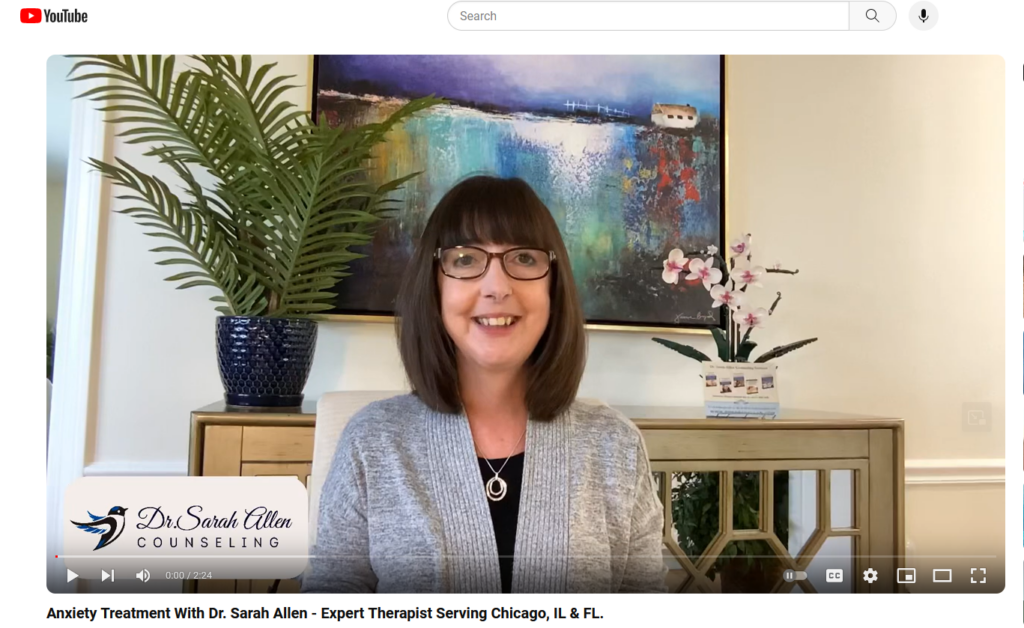
To learn more about anxiety treatment including Dr. Allen’s YouTube Video visit Anxiety Counseling.
Breaking the Cycle of Anxiety and Poor Sleep
Breaking the cycle of anxiety and poor sleep involves consistent effort and practice. Start by prioritizing your sleep hygiene. Stick to a routine that promotes relaxation before bed. Avoid stimulating activities and create a peaceful environment in your bedroom.
During the day, manage anxiety by incorporating mindfulness practices. Regular physical activity and healthy eating habits can also support better sleep and reduce stress. Be mindful of your intake of caffeine and other stimulants, especially in the hours leading up to bedtime.
If anxiety continues to interfere with sleep despite these efforts, consider seeking professional help. Cognitive-behavioral therapy (CBT) is effective for both anxiety and insomnia. This therapy helps you recognize and change thought patterns affecting your sleep and anxiety levels.
Establishing a balance between sleep and anxiety takes time, but with persistence, you can break the cycle. Making small changes daily can lead to improved sleep and reduced anxiety, enhancing your overall well-being.
Final Thoughts
Understanding the relationship between sleep and anxiety is key to managing both effectively. By taking steps to improve your sleep hygiene and manage anxiety, you can break the cycle that often traps many in restless nights and anxious days.
Incorporate calming practices into your daily routine and seek professional help if anxiety and sleep issues persist. Making these changes can lead to a more restful night’s sleep and a calmer state of mind. Remember, it’s important to take it one step at a time, and every effort counts toward better sleep and reduced anxiety.
If you need anxiety treatment in the Chicago area, I see clients in person in Northbrook, a north suburb of Chicago, or virtually across Illinois, Florida and the UK. I can help you find effective strategies tailored to you and your individual anxiety and sleep needs. Reach out today to start your journey toward better well-being. I am happy to help!

If you have any questions, or would like to set up an appointment to work with me and learn how to reduce anxiety, please contact me at 847 791-7722 or on the form below.
If you would like to read more about me and my areas of specialty, please visit Dr. Sarah Allen Bio.
Dr. Allen’s professional license only allows her to work with clients who live in IL & FL & the UK and unfortunately does not allow her to give personalized advice via email to people who are not her clients.
Dr. Allen sees clients in person in her Northbrook, IL office or remotely via video or phone.

What Can I Read That Helps Me While I Am Waiting For My First Appointment With Sarah?
Download this free booklet to gain valuable insights and practical strategies for managing anxiety and worrying.




